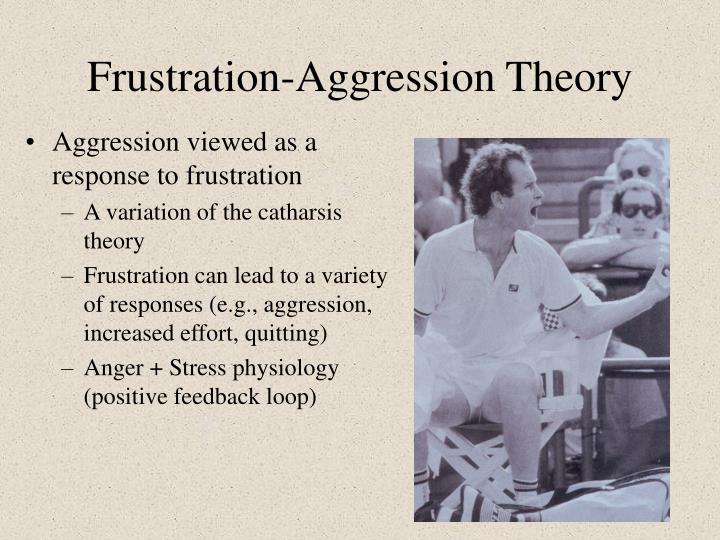
Creating a ruckus because of your anger will not help in this situation and only make you and the other person late for your tasks. These rational thoughts are likely to be followed by rational behaviour.įor example, when someone accidentally pushes you while walking, you could take a deep breath and assume that the person who pushed you unintentionally must be in a rush to reach somewhere. A healthy, productive way to manage this anger would be to replace irrational actions with rational thoughts.

Anger leads people to follow destructive paths such as yelling, throwing things, abusing, etc. This includes altering the way an individual thinks. Guilt or sadness could be possible emotions here. The body relaxes and we can finally notice the consequences of our actions. Depression: This is the last phase of the anger cycle.The reasoning starts to return as the survival response goes off. This is the fourth phase and includes recovery from previous actions, as the body may be drained and exhausted. Recovery: Action can take place during the previous phase.

This phase includes a fight-or-flight response.

The physiological arousal shows up as increased heart rate, heightened blood pressure, and a surge of hormones. It causes emotional pain as well as physiological arousal. American Psychological Association (APA) defines anger as an emotion which includes antagonism towards something or someone that has caused you harm.


 0 kommentar(er)
0 kommentar(er)
